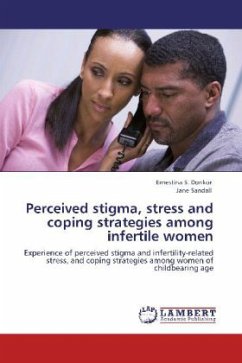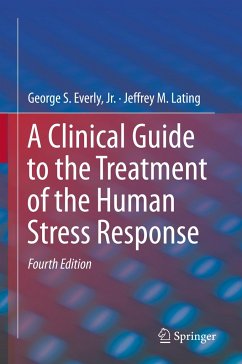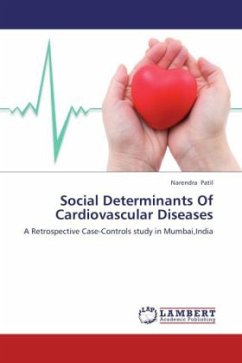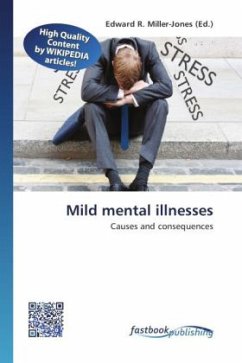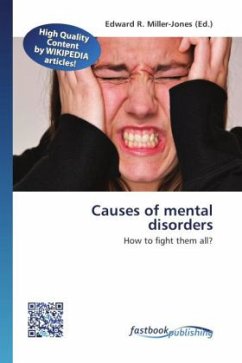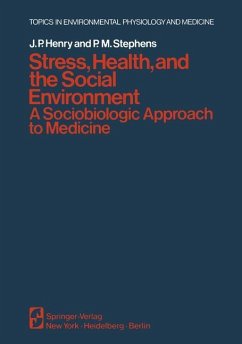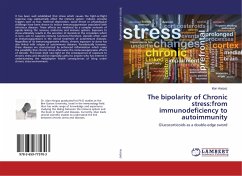
The bipolarity of Chronic stress:from immunodeficiency to autoimmunity
Glucocorticoids as a double-edge sword
Versandkostenfrei!
Versandfertig in 6-10 Tagen
36,99 €
inkl. MwSt.

PAYBACK Punkte
18 °P sammeln!
It has been well established that stress which causes the fight-or-flight response may substantially affect the immune system. Indeed, stressful triggers such as fear, maternal deprivation, social threat or physiological challenge have been shown to induce immunosuppression associated with infectious diseases. These effects are mediated by a complex network of signals linking the nervous, endocrine and immune systems. Exposure to stress ultimately results in the secretion of steroids to the circulation which in turn, acts to suppress immune functions.Therefore, steroids often used as immunosup...
It has been well established that stress which causes the fight-or-flight response may substantially affect the immune system. Indeed, stressful triggers such as fear, maternal deprivation, social threat or physiological challenge have been shown to induce immunosuppression associated with infectious diseases. These effects are mediated by a complex network of signals linking the nervous, endocrine and immune systems. Exposure to stress ultimately results in the secretion of steroids to the circulation which in turn, acts to suppress immune functions.Therefore, steroids often used as immunosuppressors in the clinical treatment of autoimmune diseases. Regardless of its immunosuppressive effects, chronic exposure to stress has also linked with relapse of autoimmune diseases. Paradoxically however, these diseases are characterized by enhanced inflammation which raises the possibility that chronic stress attenuates the immunosuppressive effects of steroids. This book shed new light on the consequences of exposure to chronic stress and should be especially useful to anyone who has interest in understanding the maladaptive health consequences of living under chronic stress environment.




